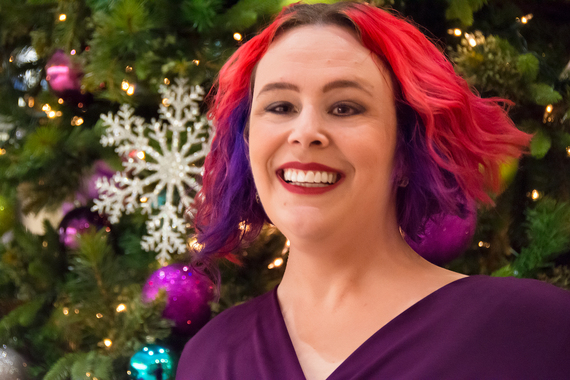Handling the holidays for many is tough, but people with a mental illness have to worry about a mental illness relapse over the holidays, too. I'm guessing that any chronic illness runs the risk of getting worse during a stressful time, which many people find the holidays to be, and I know that for people with mental illness, relapse, or exhibiting more severe symptoms, is definitely a problem.
Why the Holidays Can Cause Mental Illness Relapse
Of course, some people find the holidays fabulous, and they love them and, for them, perhaps the holidays might even ease mental illness symptoms. But for many, spending excess time with family, buying presents they may not be able to afford, spending long hours in the kitchen cooking or baking and experiencing the pressure of having the "perfect" holiday is a major source of stress, and if there's one thing stress absolutely can do it's make mental illness worse.
Relapse If Your Mental Illness Is in Remission Over the Holidays
 If your mental illness is in remission heading into the holidays, consider yourself very lucky. This is a great starting point because you're feeling good when the holidays hit. The key is to avoid a relapse over the holidays. And, of course, to avoid a relapse, you need to put all your healthy coping skills into practice. You might consider:
If your mental illness is in remission heading into the holidays, consider yourself very lucky. This is a great starting point because you're feeling good when the holidays hit. The key is to avoid a relapse over the holidays. And, of course, to avoid a relapse, you need to put all your healthy coping skills into practice. You might consider:
- Setting healthy boundaries between yourself and your loved ones to reduce pressure and to avoid feeling obligated to do what they want, instead of what you do.
Heading Into the Holidays in a Mental Illness Episode
If you're not lucky enough to be experiencing a mental illness remission before the holidays, the holidays may be tougher for you, and you may be very concerned about getting worse. This is a completely reasonable concern when you have a mental illness. In addition to the above tips, you might consider:
- Even more quiet time for yourself, as limiting stimulation can help reduce triggers.
Mental Illness Relapse Avoidance Over the Holidays
I know that some of these things might not seem like they're the most fun and you might even think that they suck the joy out of the holiday. Well, I disagree, because nothing is less joyful than finding yourself in a psychiatric hospital in the new year because of a mental illness relapse. Avoiding that is the greatest gift you can give yourself.
Image credit: Ann White.
If you -- or someone you know -- need help, please call 1-800-273-8255 for the National Suicide Prevention Lifeline. If you are outside of the U.S., please visit the International Association for Suicide Prevention for a database of international resources.